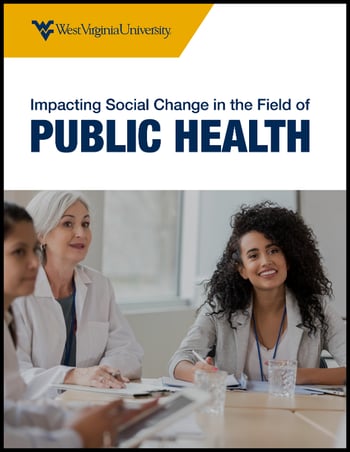
A West Virginia University graduate student whose research focuses on food insecurity on college campuses has been selected for a fellowship with the American Society for Nutrition, a very competitive fellowship for academics and researchers.
Forever passionate about food security and food integrity, Rebecca Hagedorn is studying stressors that directly relate to students who struggle with finding reliable food options.
Campuses & Food Insecurity:
“Ultimately, students come to college to get a degree, but if they don’t have a secure source of food, it’s really impacting their experience and success,” Hagedorn said. “Students affected by food insecurity are relying on more coping strategies. It can impact their financial habits as well as overall academic performance.”
To help students who may be suffering from college food insecurity, she developed a toolkit which includes a policy piece for universities that would help schools implement programs to help restructure their campus food environment.
“Whether that’s starting a food pantry or a campus garden, you have a lot of students who are coming in that come from low socioeconomic backgrounds who aren’t prepared for college,” she said. “It’s important to provide them with education about their finances or even teaching them how to grocery shop.”
Selected for the American Society of Nutrition Fellowship:
As one of only two students selected for the organization’s Science Policy Fellowship, Hagedorn will have the chance to learn from policy makers, academics, and professionals to gain an expanded understanding of current nutrition policy issues and initiatives.
Hagedorn will do her fellowship research in Morgantown with her advisor, Melissa Olfert, associate professor of human nutrition and foods in the Davis College of Agriculture, Natural Resources and Design. The collaborative research is centered around lifestyle intervention which is conducted in the Olfert Lifestyle Intervention Research Lab.
“This is a huge opportunity for her development into future experiences, as she moves into a post doc fellowship, which she’ll be continuing in my lab, and we have discussed moving several research projects to the next level,” Olfert said. “We can move toward the next stage in grant writing and intervention work.”
Hagedorn will have two mentors from the National Institute of Health and the United States Department of Agriculture. She will also have an academic mentor who is located at the University of Southern California.
Note: This article was originally published on WVU Today on April 17.

We invite you to explore our newest informative guide — Impacting Social Change in the Field of Public Health!









